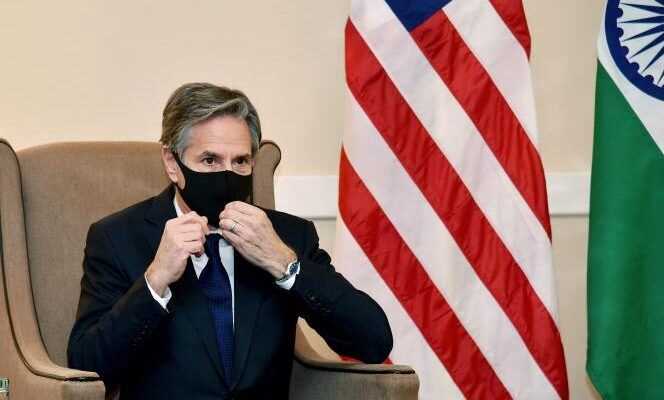Tensions are high between the two largest economies in the world. The United States and China clash on several fronts, including trade, human rights, Taiwan and the Covid-19 pandemic. So many subjects that can be discussed between the head of American diplomacy Antony Blinken and his Chinese counterpart Wang Yi, Sunday, October 31, on the sidelines of the G20 in Rome.
This meeting is on the Sunday agenda of Mr. Blinken, announced the US State Department. This is only the second between the two men. The previous one had taken place last March, in Alaska, and the Chinese delegation had reprimanded the American side in front of the television cameras.
Earlier this week, the United States Federal Communications Commission (FCC) gave China Telecom America sixty days to shut down its services on American soil, where the Chinese company has had a presence for twenty years. Beijing had denounced a “Malicious repression” with a measure that “Compromises the atmosphere of cooperation” between the two countries.
The thorny issue of Taiwan
The passes of arms have multiplied in recent days between China and the United States over the fate of Taiwan, an island which enjoys a democratic system and has its own government, currency and army. . The territory, however, did not proclaim formal independence. Beijing threatens to use force if it does.
This week, the President of Taiwan, Tsai Ing-wen, confirmed the presence on her territory of a small number of American soldiers who had come to train her army and said she did ” confidence “ to the United States to defend its island against China.
Antony Blinken also aroused the ire of Beijing by pleading Tuesday in favor of a “Meaningful participation” of Taipei in UN bodies and on the international scene.
President Joe Biden also asserted that the United States had ” commitment ” to defend Taiwan militarily in the event of a Chinese attack, seeming to break with “Strategic ambiguity”, although his team subsequently denied any policy changes.
